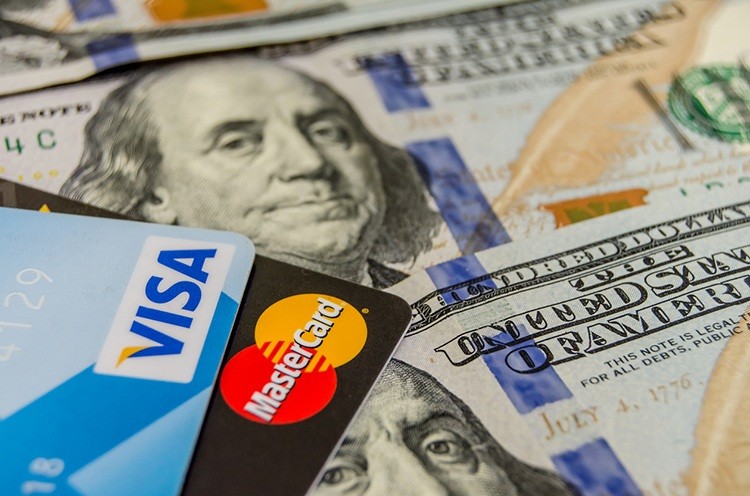You probably already noticed: you can’t buy food or drink on an airplane with cash anymore. You have to use a credit card. Who or what inspired the decision is open to debate. Ask an airline spokesperson and he or she will likely tell you the cash refusal was to make the transaction more convenient for the passenger.
But is reaching for a ten-dollar bill tucked away in your wallet that much harder than reaching for your credit card (tucked away in the same wallet, of course)? And what about children traveling alone? These days, every ten-year-old you meet carries at least one cell phone. But do they pack a Visa or an American-Express as well?
Why Companies Refuse Cash
If you ask a retailer why they don’t accept cash, you’ll likely get a variety of answers. Some will say it’s to make the buying experience more convenient for the customer. Shorter lines, less time at the counter, quicker transaction times, etc. Buy a $1.50 soft drink with a $100 bill, and it might take the cashier a few seconds to dish out your change.
While the answers will vary, retailers, just like the airlines have done, will very likely position their decision of going cashless towards benefitting the consumer. And, to the uninformed, their story might be palatable.
But in all likelihood, their refusing to accept cash more often stems from wanting to avoid the risks cash poses to the vendor – theft, dishonest employees, managers spending 2 hours per day counting cash and preparing deposits, and making bank runs. Certainly, cash takes some looking after in ways that transactions by credit card don’t.
But steering customers towards credit card transactions isn’t just about the risks involving cash. In some cases, it has to do with the digital information a transaction by credit card creates. With credit cards, companies know exactly when, where, and what their customers buy.
By refusing cash, businesses are eliminating the ability of their customers to make their purchases anonymously. For many consumers, anonymity is very important.
Is Refusing Cash Legal?
Yes. Maybe. That is, people disagree. On each and every paper bill of U.S. currency it states: “This note is legal tender for all debts public and private.” And Congress’s Coinage Act of 1965 states, “United States coins and currency are legal tender for all debts, public charges, taxes, and dues.”
We’ll leave the legal debate to the attorneys. The more important question, however, is whether or not refusing cash is good for business— is it really helping customers, or is it turning them away.
A Solution for Everyone
That fact of the matter is, if your businesses discourages cash transactions, you may be losing sales. Why? Because according to The New York Times, 26% of all transactions are conducted in cash, and at least 8% of the population deals entirely in cash[1] .
Translation: people wanting to pay in cash are still, and most likely always will be, an important source of revenue for most businesses.
So, knowing this, why would a retailer forsake a measurable amount of business just to avoid the risks and efforts associated with cash?
They don’t have to.
By leveraging an automated cash management solution, inclusive of a smart safe, retailers can immediately de-risk their cash handling processes, providing complete transparency and automation to all cash transactions, putting profits right back into their business.
At Tidel, we provide cash management systems that greatly reduce the risk and effort associated with manual handling of cash. Retailers that have adopted Tidel systems have realized a dramatic savings in labor, a more secure working environment, and a level of transaction transparency they’ve never before seen.
And while realizing this complete transformation of their business, our retail customers have continued to confidently, and more effectively, serve all their customers, not just a portion of them.
To learn more about our cash management systems and how they’ve helped transform our customers’ business – please visit www.tidel.com today.
[1] https://www.nytimes.com/2016/07/31/business/where-a-suitcase-full-of-cash-wont-buy-you-lunch.html?_r=0


